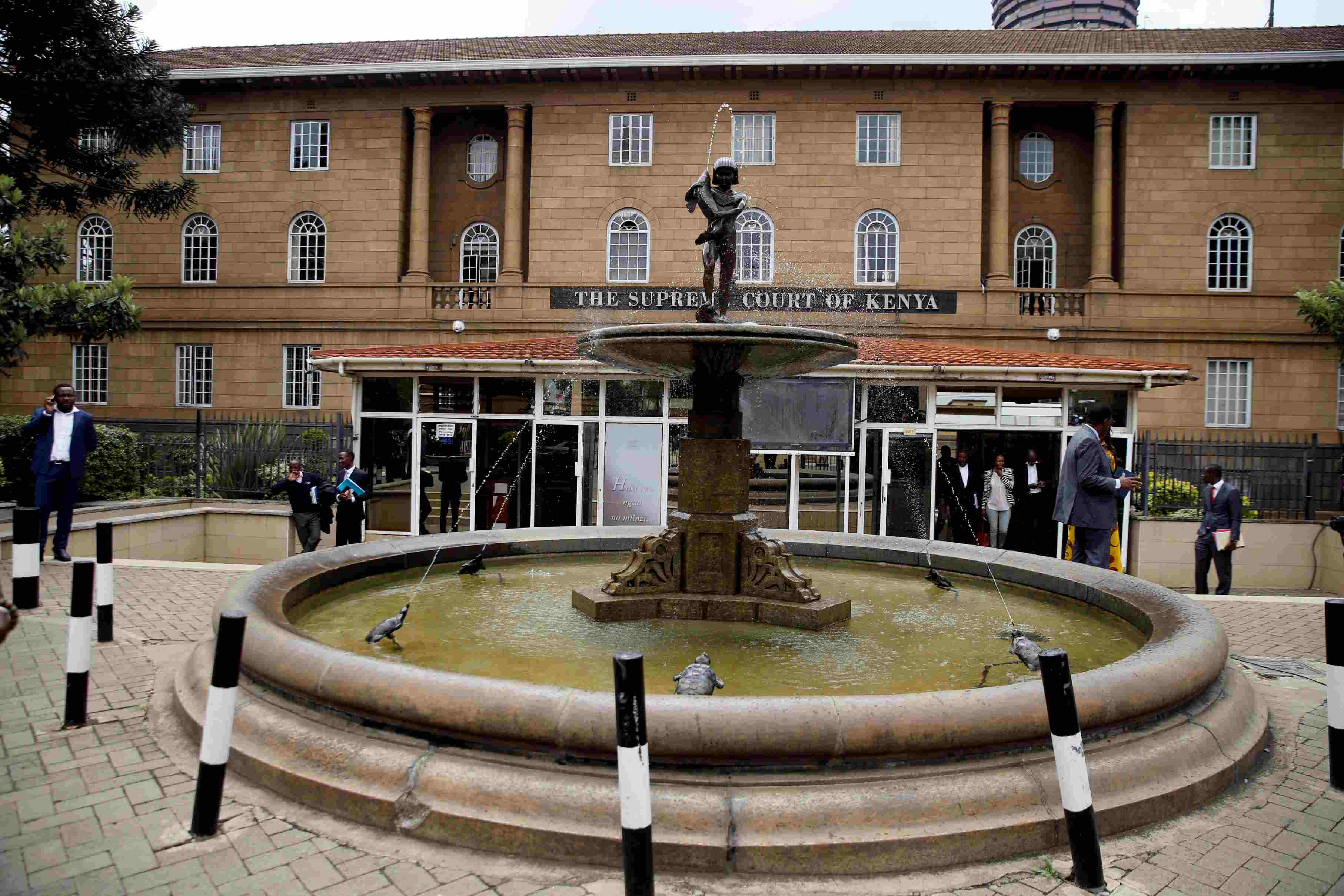Supreme Court: Undermining IEBC threatens credibility of 2027 elections

In an advisory opinion, the seven-judge bench urged leaders to resist pursuing short-term political advantages that weaken independent institutions and instead focus on strengthening accountability, transparency, and the commission’s impartiality.
The Supreme Court has cautioned political leaders against interfering with the authority of the Independent Electoral and Boundaries Commission (IEBC), warning that such actions could erode public trust and compromise the credibility of the 2027 General Election.
In an advisory opinion, the seven-judge bench urged leaders to resist pursuing short-term political advantages that weaken independent institutions and instead focus on strengthening accountability, transparency, and the commission’s impartiality.
The judges traced Kenya’s persistent mistrust in electoral processes to historical failures, citing the Kriegler Commission findings after the 2007–2008 post-election violence and the litigation that followed the 2022 presidential petition.
“This deficit did not occur by accident; rather, it is the product of decades of politicisation of the electoral process, relentless attacks on the Commission’s independence, and a failure to implement electoral reforms in good time and in good faith,” the Court ruled.
The bench said political leaders who undermine the IEBC in pursuit of political gain weaken institutions they are duty-bound to safeguard. They urged focus on addressing structural gaps and reinforcing public confidence in the commission’s competence and neutrality.
Boundary delimitation
The Court also underscored that the IEBC cannot conduct the constitutionally mandated exercise of boundary delimitation without commissioners in office.
In its opinion under Reference No. E004 of 2024, the judges clarified that boundary review is a function reserved solely for commissioners under Article 88(4)(c) of the Constitution and cannot be delegated to the Secretariat.
While acknowledging the Secretariat’s supportive role, the Court insisted it lacks powers to undertake constitutional responsibilities such as reviewing constituency and ward boundaries.
“We are similarly constrained to find that, prior to the Commission first considering and applying its mind to the matter, particularly in light of the ongoing legislative intervention pending at the Senate, this Court lacks any basis upon which to assess or evaluate the propriety or validity of any decision, or failure to decide, on its part. As we have repeatedly stated, this Court does not engage in hypothetical determinations,” the judges held.
Lapsed timelines
The Court addressed the lapsed timelines under Article 89(2) and (3), which require delimitation to occur every 8 to 12 years and to be completed at least 12 months before a general election. It stated that extraordinary circumstances, including prolonged vacancies in the commission, may justify an extension.
It added that only Parliament—either through a constitutional amendment or a resolution consistent with recommendations of the National Dialogue Committee (NADCO)—has authority to extend such timelines.
“It follows therefore, that the question of whether the IEBC can lawfully undertake a review of constituency and ward boundaries after the expiration of the timelines set out in Articles 89(2) and 89(3) of the Constitution, read together with Section 26 of the County Governments Act, is one that only a duly constituted Commission, comprising the Chairperson and other Commissioners, can bring to this court to determine,” the Court said.
The Court dismissed the Attorney General’s objection that the IEBC lacked the mandate to seek the reference in the absence of commissioners, holding that the Secretariat, as custodian of day-to-day operations, was entitled to seek guidance on urgent constitutional questions.
In conclusion, the judges stressed the principle of equality of the vote, cautioning that failure to review constituency and ward boundaries in line with population growth risks undermining fair representation and the integrity of the 2027 elections.
